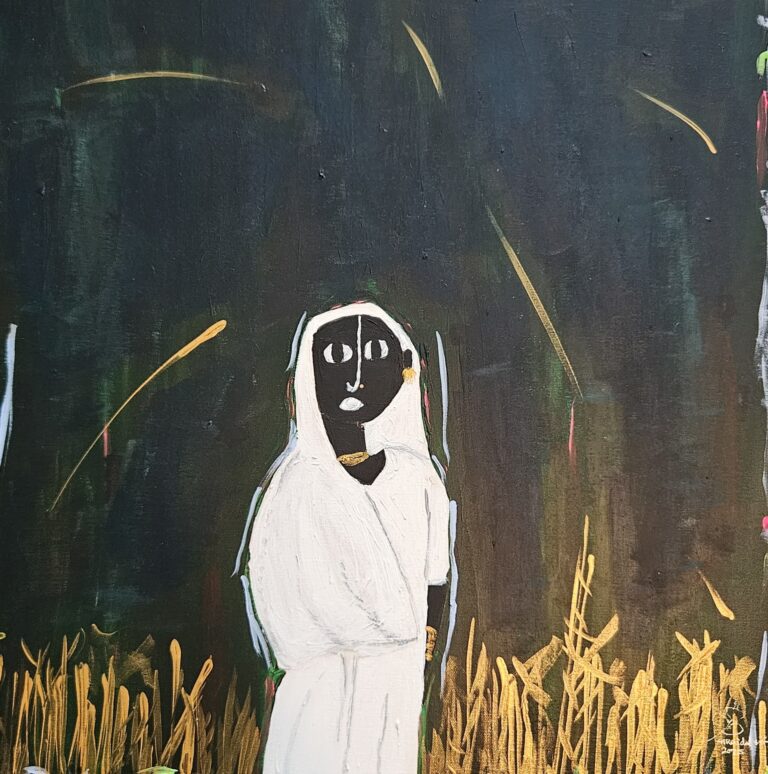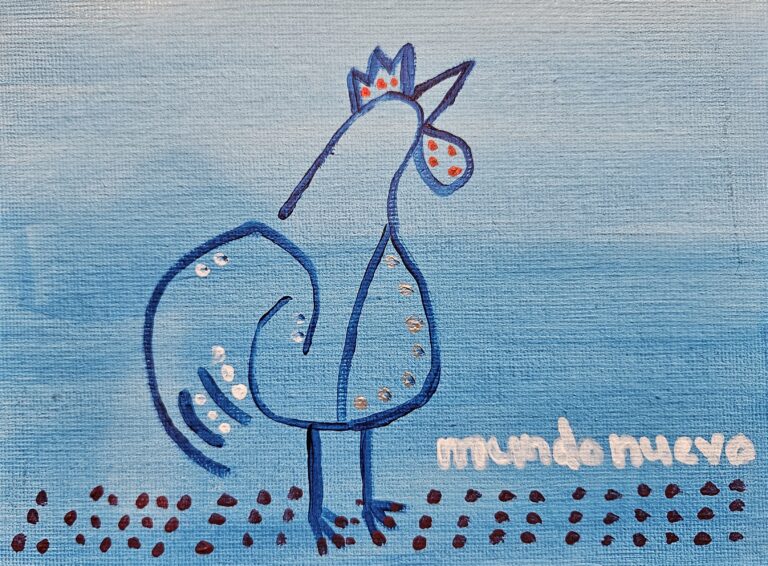First, I would like to make it clear that I am not equating the theft of mangoes with the violation of women’s bodies. For reasoning sake, I am offering an example relevant to “our culture” (a term which has been circulating more frequently these days). “Our culture” is fluid, not fixed. Sadly, when this word is operationalised, many deploy the term to protect the status quo rather than expand human freedoms and the “freeing up” of our people.
In conversation with some bredrin of mine, who failed to appreciate the significance of a legal framework to address sexual harassment and violence – not anti-wining laws – I gave this example:
Just because you walk into people’s backyards in your community and thief mango casually, or jump a wall and grab 5 Starch and 6 Julie mango, that never belonged to you, you don’t have the right to thief someone else’s mango in another community. More, if someone complains “you thiefin my mango”, calling the person “too sensitive” or misunderstanding your intentions, really do not matter.
If something is given to you, it is not stolen. Likewise, there should be no thiefin’ of any wines in a fete. A wine is not yours to take, it must be given. This is hard to understand when both male and female soca artistes for decades have sung about “thiefin’ a wine”.
From what I have understood about “thiefin’ a wine” is that is more about breaking a taboo, than an entitlement or unlimited access to bodies for thieves. For example, a person in a committed relationship could thief a 10 second wine on someone outside of the relationship. It’s a sly, Anansi-like, Benjai-wine-to-de-side wine that is meant to be harmless and playful.
On a serious note, the assertion of wine thiefin’ by men does more to deny women’s agency and take away men’s empathy and understanding. Empathy and understanding are critical for solidarity. This is very important in today’s world of heightened awareness of sexual harassment and violence, given the popularity of the #LifeInLeggings and #MeToo campaigns.
Some women, of course, will proclaim that they wine of everyone and anyone can be their target. Yes famalay, that is about your availability and open consent, which does not speak to other women’s desires. The truth is that there is no consent declaration form before a fete. And women and men in parties are not service providers of enjoyment. For each person you approach, you need to gain their consent to dance with them, each time.
I know this appears as much to do about nothing. But nah, it ain’t so. This men’s backlash responses to the recent publication of the “wining laws” (smh) have made this into a national debate. This is a statement the police have communicated to the public in previous years. Like years before, for 2018, it was a necessary reminder to raise awareness in the context of the alarming rates of gender-based violence. At the core of the bacchanal and social media noise is men’s struggle for ideological power – their right to a particular male fantasy in the national imagination. Think of Blaxx’s “No Get Away” (2013) which serves as a cautionary tale, “No woman in de band!”. Or, Machel Montano’s “Vibes Cyah Done” (2012) and the promise of “20 man, 100 woman, oh gosh, de vibes cyah done, yea”. The idea that men cannot have a “free for all” in a party and challenging their fantasy of access to women are met with great resistance. Too many constructions of carnival, for the wrong reasons, are premised on male desire and fantasy.
Fellas, big man ting, we need to learn how to take a brace. A 3.5 brace per fete average is a good performance in your lifetime. A brace is not a disrespect, it’s a brace. Ease up.
And yes, some women have over done it and throw themselves recklessly at men. In a fete, a woman jumped on me and buss my lip. Crazy. And I was turning her down all the time. Under the influence of alcohol, she just went all out. That means for men, we need to create an environment for a man to feel comfortable to decline unwanted advances by women without others judging him as “less of a man” or “against de culture”. At the same time, we should never encourage violent responses to women when they sexually harass us.
Also, one of the reasons I braced the woman was because she was not Wendy Fitzwilliam. And I am yet to attend a party with 10 Rosario Dawsons throwing themselves all over me. Women are also aware that men who insist that a wine is harmless and you should just “free up yourself”, are usually not an Idris Elba or Hrithik Roshan giving you some sexy eyes and smooth talk. Celebrity or not, no one has the right to your body. The people you brace are generally people you are NOT INTERESTED in dancing with.
“Our culture” could be one of consent. Imagine if fete promoters had gender-conscious security officers present who could make appropriate interventions. What kind of carnival can we market to the world that works laboriously to defend human rights and gender equality? And men, imagine if we didn’t have to defend our female friends from other violent men who don’t take “No” for an answer. That is the carnival I want to jump up, pay meh money and free up mehself in. A carnival sweet like a July Julie mango.
The wine belongs to the winer – not Trinidad and Tobago, not carnival, not our culture, not a man.
Further Reading:
Quin, Beth A. 2010. “Sexual Harassment and Masculinity: The Power and Meaning of “Girl Watching”. In Men’s Lives, edited by Michael S. Kimmel and Michael A. Messner, 208-220. USA: Allyn & Bacon.



